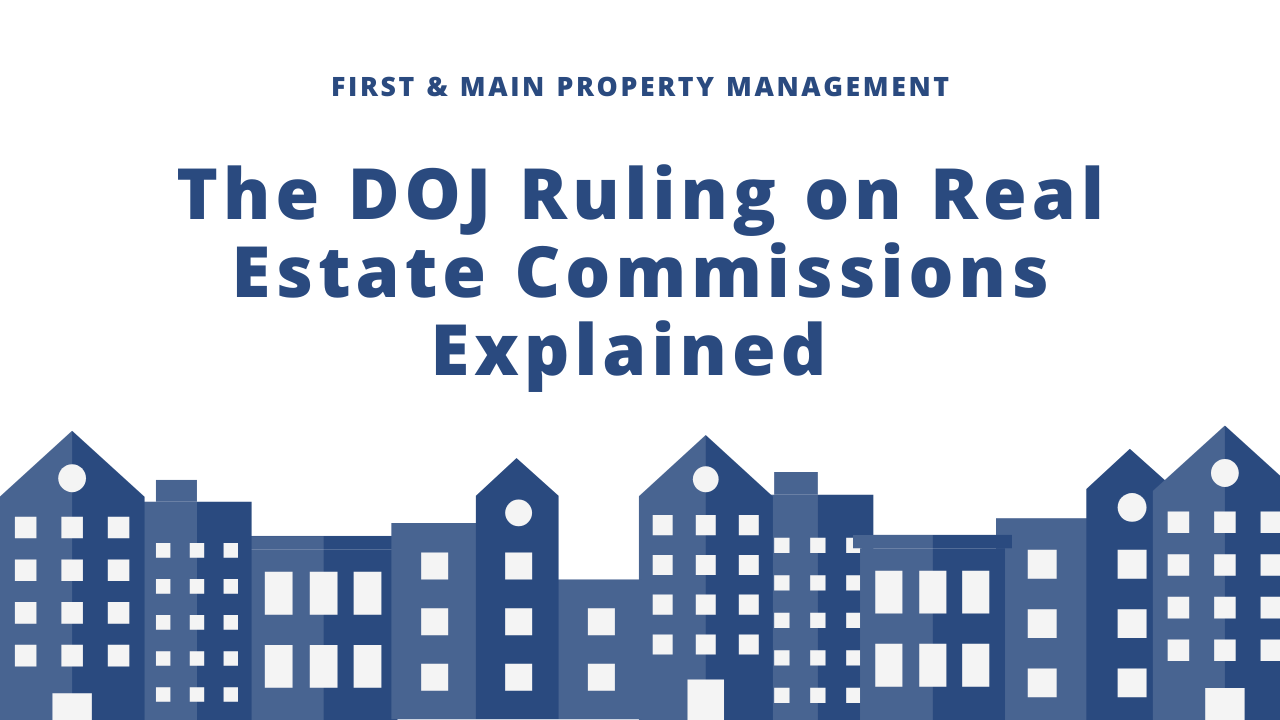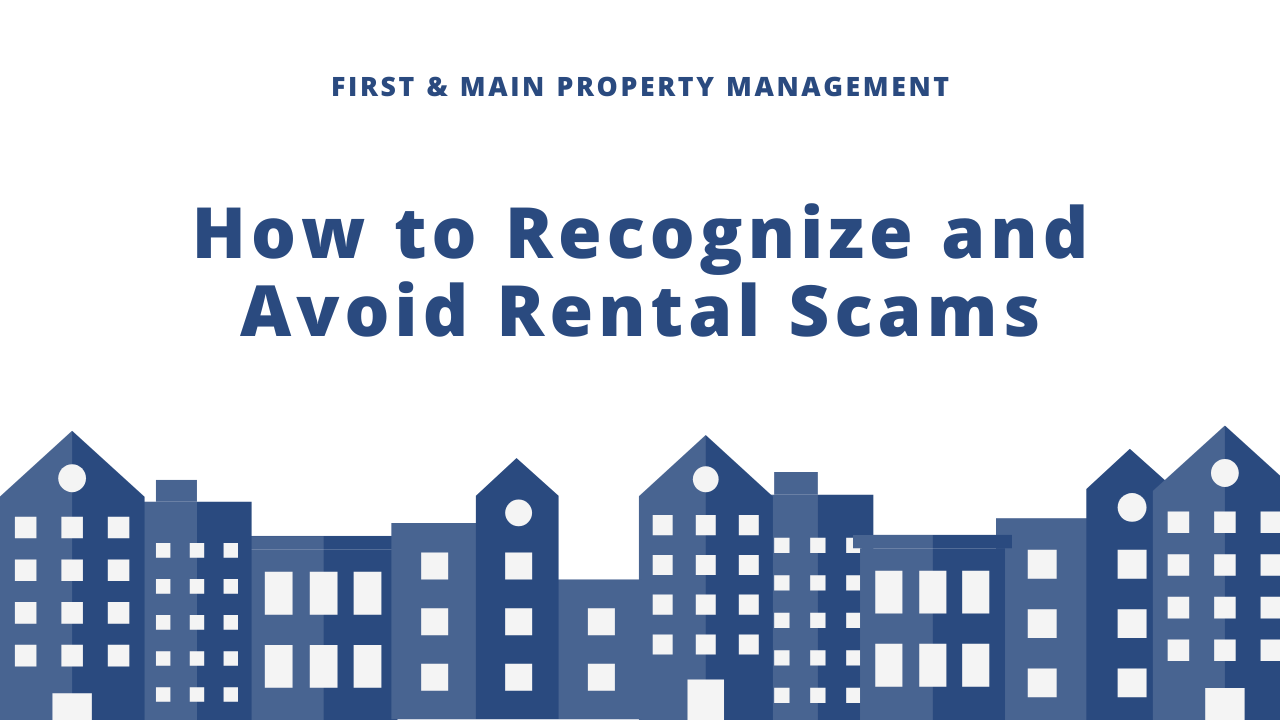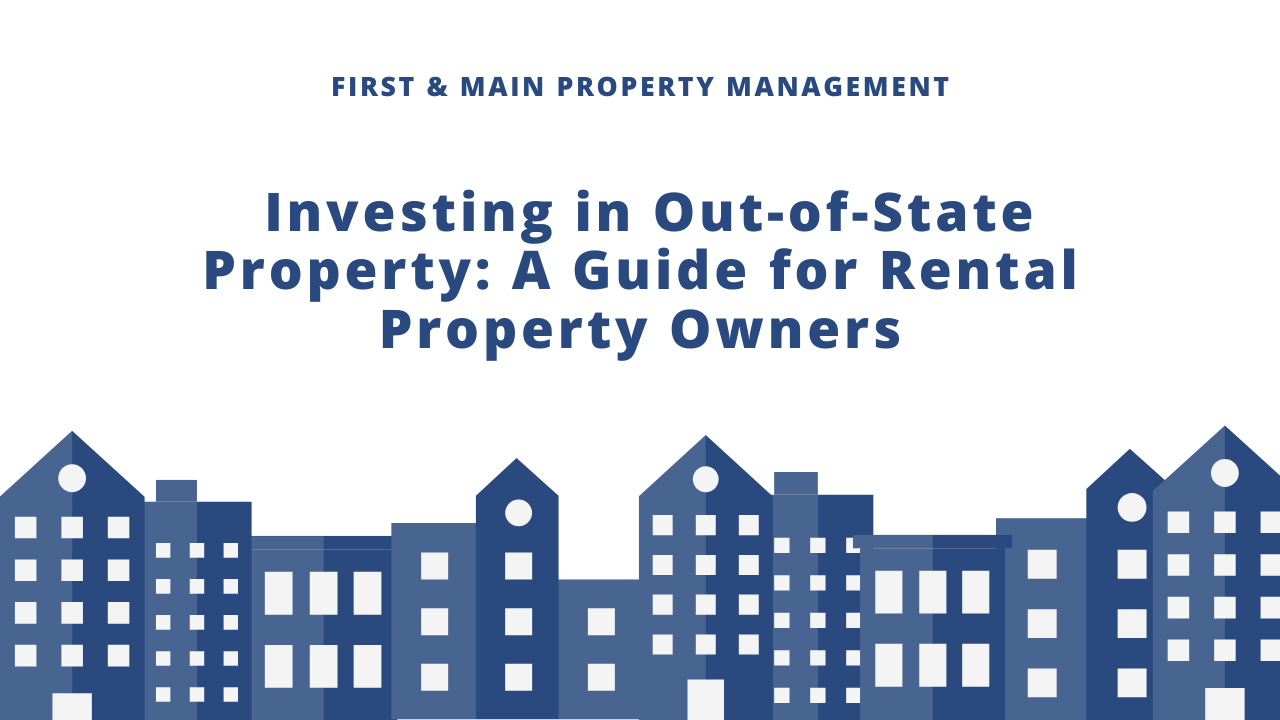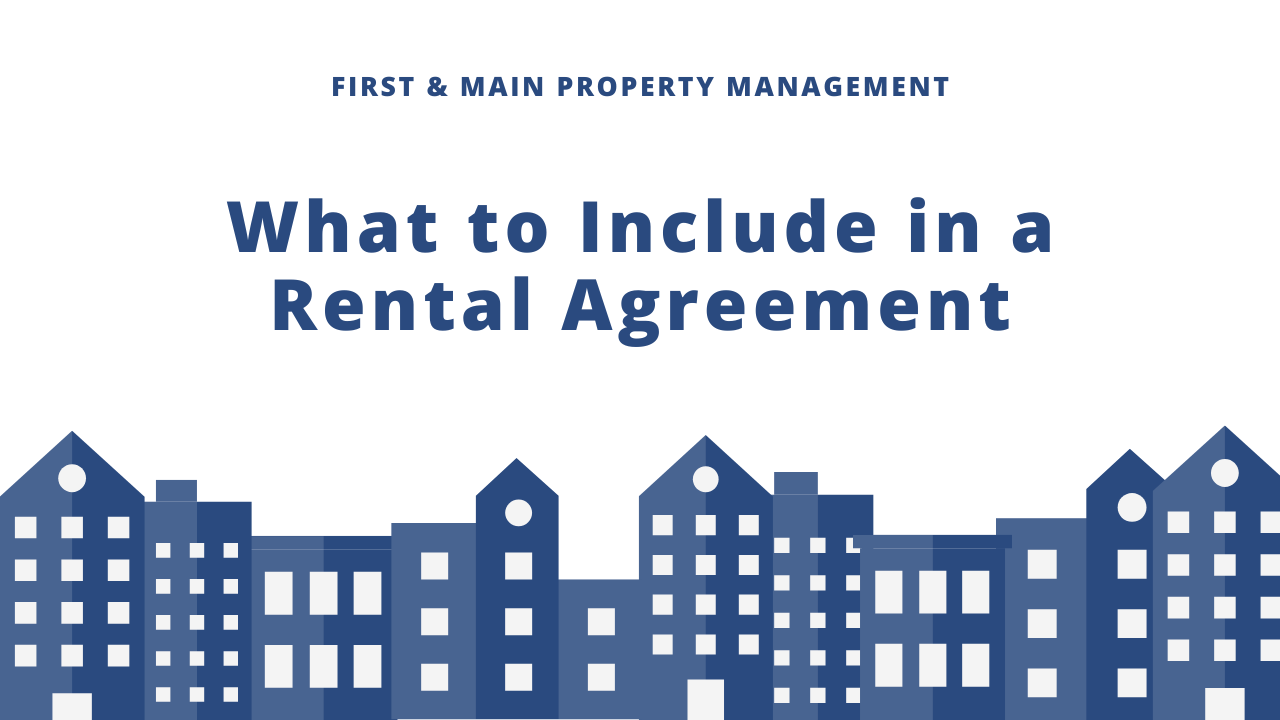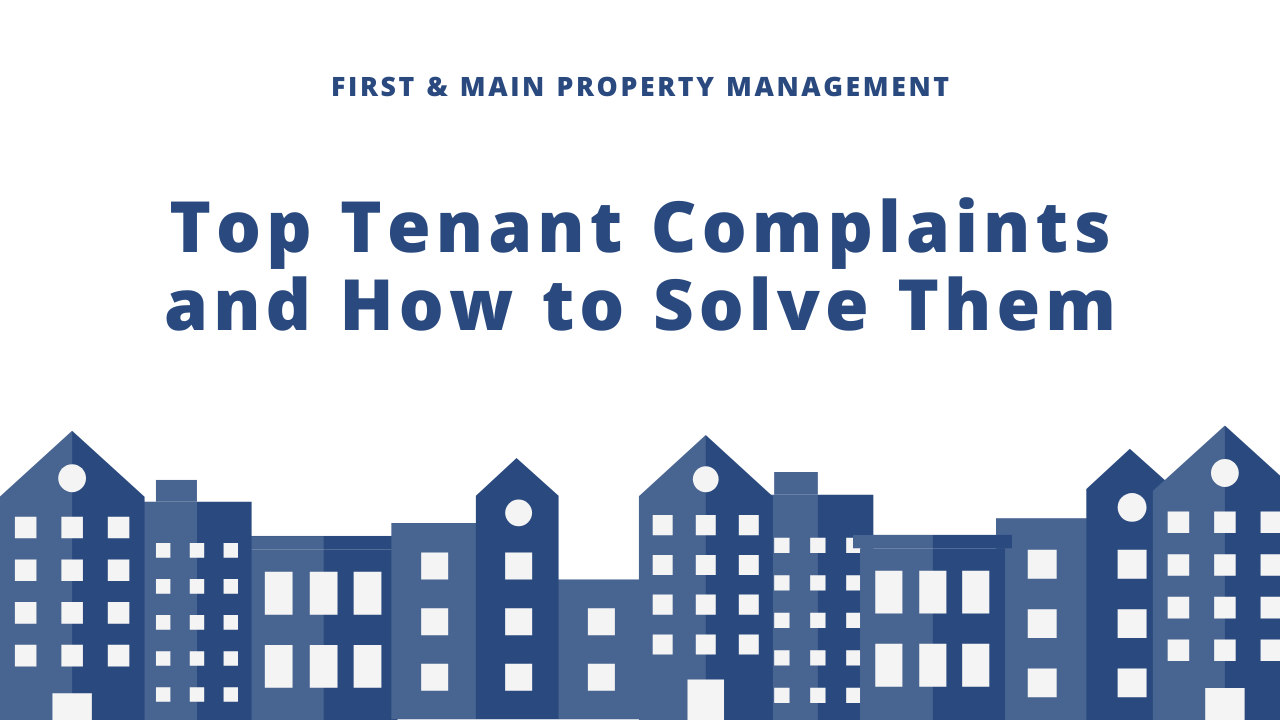What to Do With Mail from Previous Tenants - Guide for Landlords
The end of a tenancy, whether voluntary or due to eviction or early lease termination, can be a stressful time for both landlords and tenants. Tenants have to pack up their belongings, coordinate with a moving company, and deep clean the property.
Meanwhile, the landlords have to deal with paperwork, schedule move-out property inspections, and market the unit to find new tenants. Unfortunately, when tenants move out, landlords are typically faced with the challenge of what to do with belongings left behind.
There are many instances of tenants failing to change their mailing address after they move out. Handling this situation effectively requires patience, adherence to legal regulations, and
clear communication.
In this comprehensive guide, the experts at First & Main Property Management will go over the best ways to deal with unwanted mail from previous landlords. Let’s dive in!
1. Take Privacy Laws into Consideration
Landlords must first consider privacy laws before taking any action regarding a previous tenant's belongings, including mail. Opening or disposing of someone else’s mail without their consent is an offense that can have serious legal consequences.
The United States Code, Title 18, Section 1702, states that anyone who willfully opens, tampers with, or steals mail that does not belong to them faces steep fines or even five years in jail. It is also possible for the offender to face damages claims in civil litigation.

To avoid breaching privacy laws, rental property owners must know how to deal with mail addressed to former tenants. If you ever find yourself in such a situation, refrain from doing the following things:
- Opening the Mail: You should never open mail that belongs to your tenants without their consent, even if they don’t live in your property anymore. However, if you accidentally open mail not addressed to you, don’t worry! By resealing the mail and returning it to the sender, you will be free from any liabilities.
- Shredding or Disposing of the Mail: You cannot shred or keep any mail addressed to the previous tenant. Even if it’s junk mail or advertisements, destroying mail not addressed to you is a serious offense that can have legal repercussions.
- Recycling the Mail: While it may seem like a good way to dispose of unwanted mail, recycling is not a good way to deal with mail that belongs to a former tenant. Unless the previous tenant gives you their consent to dispose of the mail, you must refrain from recycling or throwing it away.
2. Contact the Tenant
After ensuring compliance with privacy laws, you should attempt to contact the previous tenant to discuss the problem. Whether via phone, email, or mail, reaching out to former tenants gives them the opportunity to reclaim their belongings and establishes a documented communication trail, which can be valuable in legal proceedings.

Make sure to maintain a professional and courteous tone in their communication to encourage cooperation from the tenant. Make sure to provide a reasonable deadline for the previous tenant to collect their mail.
3. Store the Mail
If the previous tenant does not respond or cannot retrieve their mail within the specified timeframe, you should safely store the items. This storage should be secure, private, and ideally, climate-controlled to prevent damage to the belongings.
Keep in mind that privacy laws do not require landlords to hold mail from previous tenants for extended periods. So, you can return the mail to the sender or postal services if the previous tenant fails to collect it whenever necessary.
4. Forward the Mail to the Tenant's New Address
Maybe tenants are unable to come and collect their mail or they haven’t answered your calls, but they’ve provided you with their new address. What you can do is forward any mail addressed to the previous tenant to their new address at your local post office or in a mailbox.
You can do so by using reputable shipping services with tracking capabilities. Just make sure to keep records of the shipping process, including tracking numbers and delivery confirmations, to avoid mishaps and misunderstandings.
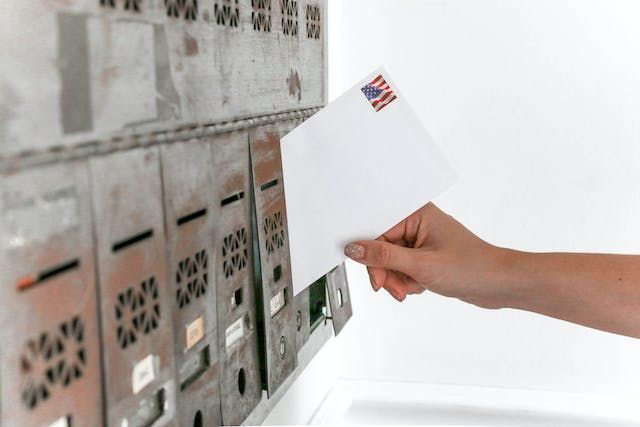
While this is not legally required from landlords, forwarding emails to a former tenant’s new address at your local post office demonstrates goodwill, which can improve your reputation as a landlord. It also reduces your storage responsibilities and minimizes the risk of potential disputes.
5. Contact Postal Services
Postal services and courier companies often have policies in place for handling undeliverable items or mail left unclaimed for extended periods. If you’re unable to reach your former tenants, you can go to your post office to inquire about procedures for handling unclaimed or undeliverable mail addressed to the tenant.
They will help you determine the appropriate next steps, such as returning mail to senders at the post office, storing them temporarily, or disposing of them following legal guidelines.
6. Return the Mail to the Sender
If the tenant didn’t give you their new address, you can get in touch with the post office to see if they have it on file. If they can’t help you, you should consider returning the tenants’ mail to the original sender. You can simply do this by writing “Return to Sender” somewhere visible on the mail and putting it back in your mailbox or take it to the post office. The USPS will take care of the rest!

Returning mail to the sender is a responsible practice that prevents the
accumulation of unclaimed items on your property. It also avoids potential legal issues related to handling third-party property without authorization.
Bottom Line
Landlords must know what to do with mail from previous tenants to keep their investments protected. Disposing or keeping mail addressed to a former resident is a serious offense that can end up in hefty fines or a lawsuit.
By following the steps outlined above and maintaining open communication with tenants, you can effectively deal with mail from previous tenants while complying with legal requirements and fostering positive landlord-tenant relationships.
Do you have more questions about what to do with mail or belongings previous tenants have left behind? Contact
First & Main Property Management! Our team of professionals will help you navigate the legal intricacies of managing a rental property so that you can focus on growing your portfolio.



